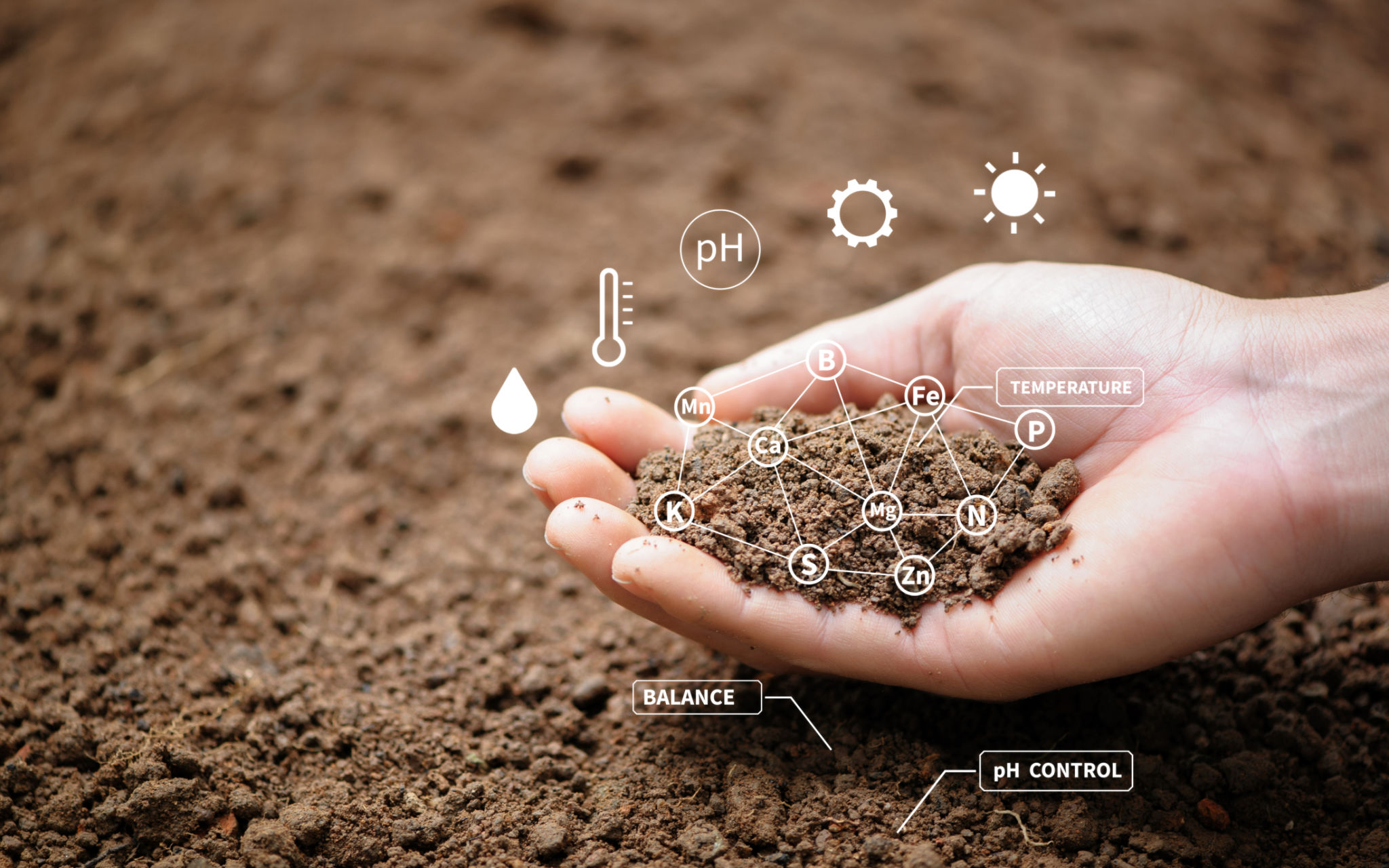How to Start Your Own Sustainable Farm: Lessons from Sunrise Farm Lombok
Understanding the Basics of Sustainable Farming
Sustainable farming is more than just a trendy buzzword—it's a comprehensive approach to agriculture that aims to balance economic viability with environmental responsibility. At its core, sustainable farming focuses on the efficient use of resources, maintaining soil fertility, and reducing the carbon footprint of agricultural activities. Sunrise Farm Lombok has become a beacon of success in this field, offering valuable insights for aspiring sustainable farmers.

Choose the Right Location
The first step in starting your own sustainable farm is selecting the right location. Sunrise Farm Lombok is situated in an area with fertile soil and a favorable climate, which supports diverse crop growth. When choosing a location, consider factors such as soil quality, water availability, and proximity to local markets. These elements are crucial for maintaining a thriving and sustainable farm.
Invest in Quality Soil Management
Soil health is the foundation of any successful farm. At Sunrise Farm Lombok, they prioritize soil management techniques such as crop rotation, cover cropping, and the use of organic compost. These practices help maintain soil fertility, prevent erosion, and improve water retention. Investing in quality soil management is essential for long-term sustainability and productivity.

Embrace Biodiversity
Diversifying crops is another key lesson from Sunrise Farm Lombok. By planting a variety of crops, farmers can reduce the risk of pest infestations and diseases while promoting a healthy ecosystem. Biodiversity also helps in attracting beneficial insects and pollinators, which are essential for crop production. Consider integrating livestock and poultry to create a more balanced and resilient farming system.
Implement Water Conservation Techniques
Water conservation is critical in sustainable farming, especially in regions with limited water resources. Sunrise Farm Lombok employs methods such as rainwater harvesting, drip irrigation, and mulching to minimize water usage. These techniques not only conserve water but also enhance plant growth by ensuring that crops receive adequate moisture.

Utilize Renewable Energy Sources
To further reduce their environmental impact, Sunrise Farm Lombok harnesses renewable energy sources like solar panels and wind turbines. By investing in renewable energy, you can cut down on electricity costs and reduce your farm's carbon footprint. This step is vital for creating a truly sustainable farming operation.
Engage with the Community
A successful sustainable farm often involves community engagement. Sunrise Farm Lombok regularly hosts workshops and collaborates with local schools to educate people about sustainable practices. Building a strong relationship with the community not only boosts your farm's reputation but also fosters a supportive network that can help your farm thrive.
Monitor and Adapt
Sustainable farming requires ongoing monitoring and adaptation to changing conditions. By keeping detailed records of your farming activities and their outcomes, you can identify what works best for your specific environment. Sunrise Farm Lombok continually assesses its practices to optimize efficiency and sustainability. Being flexible and open to change is crucial in this ever-evolving field.

Starting a sustainable farm is a rewarding journey that demands dedication, knowledge, and innovation. By learning from successful models like Sunrise Farm Lombok, you can develop strategies that not only benefit your business but also contribute positively to the environment and society. Embrace these lessons and embark on your path to sustainable farming today.